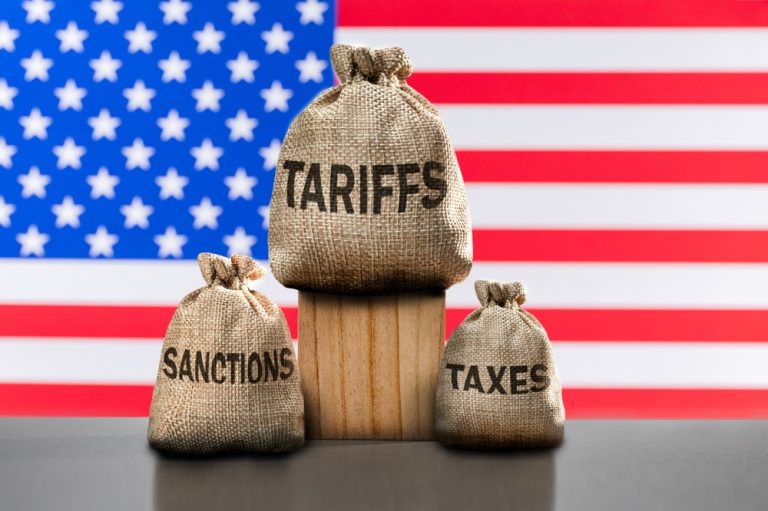Widespread Reaction to Tariff Implementation
Over 60 countries are responding to a sweeping set of U.S. import tariffs announced by President Donald Trump, which officially came into effect this week. The tariffs range from 10% to as high as 41%, depending on the country, and are already prompting economic and political fallout worldwide. Nations affected include both longstanding U.S. allies and developing economies, now scrambling to mitigate the impact on jobs, exports and investor confidence.
Among the hardest hit are Switzerland, Brazil and Syria, with tariffs of 39%, 40% and 41%, respectively. Swiss officials held an emergency cabinet meeting after a failed diplomatic mission to Washington. The government warned the new duties would put significant strain on Switzerland’s export-driven economy, especially in sectors represented by industry group Swissmem, which described the situation as a “horror scenario.”
Developing Nations Face Economic Strain
Several emerging economies are bracing for economic fallout. Brazil labeled the tariffs “unacceptable blackmail” and is preparing state aid for affected firms. Laos, Myanmar and Lesotho also received steep tariff hikes, with Laos hit by a 40% rate due to trade imbalances. Industry leaders in Laos estimate that over 20,000 textile workers could be affected. In Lesotho, despite a last-minute reduction in tariffs from 50% to 15%, damage has already been done. Orders from major U.S. retailers like Levi’s and Walmart were canceled in recent months amid tariff uncertainty.
India is facing a 25% base tariff that could rise to 50% after the U.S. imposed an additional levy in retaliation for its ongoing oil trade with Russia. India has 21 days to respond. President Trump signaled that similar measures could be used against other countries conducting energy trade with Russia.
Mixed Outcomes for U.S. Trading Partners
Some countries negotiated partial relief. The EU, Japan, South Korea, the Philippines and others reached agreements with the U.S. that reduced or capped certain tariffs. For example, the EU secured a baseline tariff rate of 15%, which in practice softened previous rates on select goods such as cheese. However, other EU exports like cars remain subject to 27.5% tariffs, pending finalization of broader trade terms.
Ireland, heavily reliant on U.S. multinationals such as Intel and Pfizer, announced it will publish a new economic diversification strategy. Despite the partial agreement, the overall impact of the tariffs on EU-U.S. trade remains significant. Hildegard Müller, head of the German auto industry federation, criticized the lack of clarity, stating that tariffs on vehicles and parts continue to harm German manufacturers and transatlantic trade.
Tariffs Stir Legal and Political Debate in the U.S.
President Trump defended the tariffs as a means to generate revenue and protect U.S. interests. He claimed that the measures would lead to “billions of dollars” flowing into the country. However, the legality of the tariffs is being challenged in a U.S. court of appeals, which is reviewing whether the president overstepped executive authority in imposing them. Trump suggested that only “a radical left court” could stop the tariffs from taking effect permanently.
While tariffs are typically paid by importers and often passed on to consumers, the global response highlights concerns about long-term disruptions to trade flows. Taiwan, another affected nation, continues its negotiations, while other governments are exploring alternative export markets or domestic support programs.


